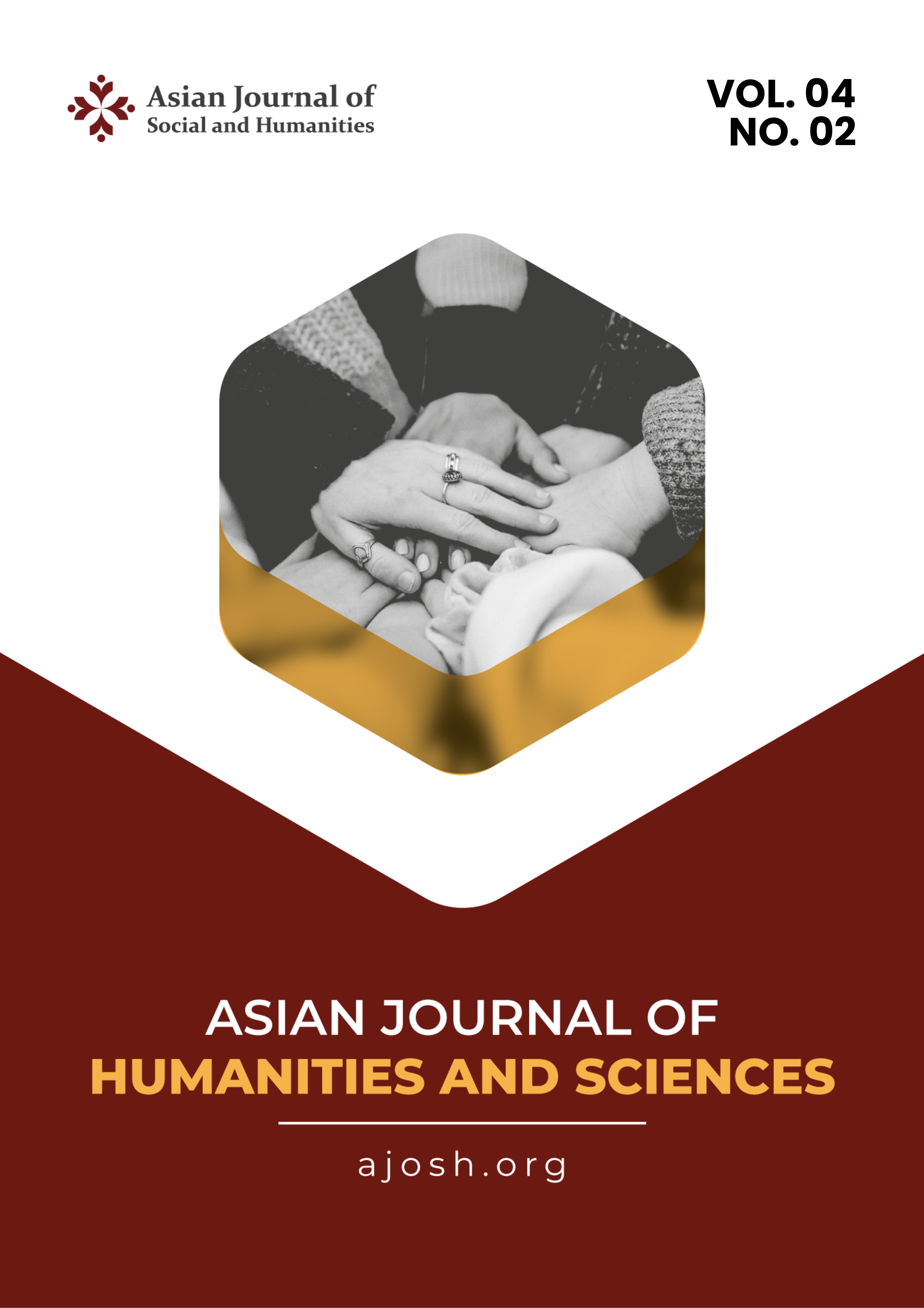Strategy For Decision-Making On Old Age Security (Jht) Benefit Claims At Bpjs Ketenagakerjaan
DOI:
https://doi.org/10.59888/h39arg55Keywords:
AHP, Behavioral Economics, BPJS Ketenagakerjaan, Old Age Security, Claim OptimizationAbstract
The phenomenon of high claims for Old Age Security (JHT) before retirement age poses a challenge to the sustainability of social security programs in Indonesia. This study aims to analyze the behavioral and policy factors that influence JHT claim decisions and formulate strategies for optimizing the claim mechanism. The research method was conducted through Structural Equation Modeling–Partial Least Squares (SEM-PLS) analysis of 232 respondents who were JHT participants who had made claims, as well as the Analytic Hierarchy Process (AHP) method involving 15 experts in the fields of social security, public policy, and financial behavior. The results show that the behavioral factors of loss aversion, present bias, and mental accounting have a significant effect on JHT claim decisions, supported by government regulations that reinforce the tendency for early claims. Meanwhile, the AHP results placed Effectiveness as the main criterion in determining strategy and produced optimal optimization strategy priorities in the form of increasing financial literacy and socializing mindset changes based on behavioral economics, followed by reformulating JHT disbursement policies and other supporting strategies. This study confirms that JHT claim behavior is influenced by psychological biases and prevailing policies, so optimization efforts need to be directed towards educational approaches, policy reforms, and sustainable service innovations.
Downloads
Published
Issue
Section
License
Copyright (c) 2025 Mei Lya Utami, Nimmi Zulbainarni, Asep Taryana

This work is licensed under a Creative Commons Attribution-ShareAlike 4.0 International License.
Authors who publish with this journal agree to the following terms:
- Authors retain copyright and grant the journal right of first publication with the work simultaneously licensed under a Creative Commons Attribution-ShareAlike 4.0 International. that allows others to share the work with an acknowledgement of the work's authorship and initial publication in this journal.
- Authors are able to enter into separate, additional contractual arrangements for the non-exclusive distribution of the journal's published version of the work (e.g., post it to an institutional repository or publish it in a book), with an acknowledgement of its initial publication in this journal.
- Authors are permitted and encouraged to post their work online (e.g., in institutional repositories or on their website) prior to and during the submission process, as it can lead to productive exchanges, as well as earlier and greater citation of published work.










